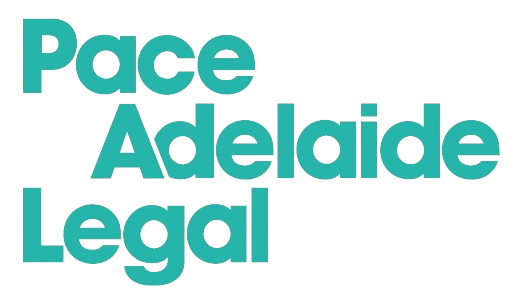High Court Decision handed down in Comcare v Banerji

The High Court of Australia has handed down its verdict in the matter of Comcare v Banerji. The case involved a Department of Immigration and Border Protection employee tweeting anonymously over 9,000 times about the department. Read our previous blog here for a summary of the case.
The High Court ultimately ruled that the APS Code was “proportionate to its purpose of maintaining apolitical public service” and favoured Comcare’s appeal. This means that Ms Banerji’s dismissal was lawful.
Ms Banerji’s case for free speech was earmarked by political analysts and media outlets to be a ‘landmark’ case. The decision reached by the High Court of Australia presents major implications for public sector employees who choose to communicate their political opinions on social media.
Implications of the High Court’s Decision
Effects on political discussion for government employees
The High Court’s judgment clarified that government policies including the APS Code of Conduct affects the political engagement of public servants outside their employment. Arguably, this decision has empowered federal, state and local governments to limit the ability of around 2 million public servants to critically comment on political discourse.
Had the High Court’s decision been in favour of Ms Banerji, it may have limited the scope of government departments intervening or investigating, the political lives of their employees.
This decision also reinforces the idea that public servants cannot separate their personal political opinions from the neutral views expected of an employee of a government agency. Public servants now have clear restrictions about the comments they can make.
Implications for Private-Sector Employees
While this decision does not apply to private sector employment, there may still be effects. For the private sector, restrictions on political communication cannot be enforced, as employees do not represent the government in the same way that public workers do. However, the concern that employers can have control over an employee’s private views lingers, no matter the sector.
Employers should be aware of what is said or posted about their business or company on line and take steps to ensure that their employees are aware of what they can and cannot post about the business.
Anonymity will not protect your Freedom of Speech
Ms Banerji’s lawyers argued that her termination was unfair as her Twitter account did not disclose that it was operated by a government employee, and therefore could not bring the APS into disrepute.
The High Court held that the relevant provisions of the Public Service Act requiring employees to uphold APS values, including impartiality, is relevant to all public servants and still applies if a comment is made anonymously, or under a fake name. The Court held that “damage to the good reputation of the APS is apt to occur” when critical comments concerning a government department’s administration are made, “even if the author’s identity and employment are never discovered.” The High Court noted that “as a rule of thumb, anyone who posts material online, particularly on social media websites, should assume that, at some point, his or her identity and the nature of his or her employment will be revealed.”
Although Ms Banerji tweeted from a private device, mostly outside of work hours and did not disclose any confidential Department information, the High Court has confirmed in this case that anonymity does not protect the identity of public
Employers need to remain vigilant in the age of social media about the content that relates to their business online, and should employ procedures and policies that prevent public comments from employees which damage their image.
Employers, if you have any concerns about the validity of the terms in your employment contracts or Codes of Conduct, please do not hesitate to contact our Managing Associate, Julia Adlem, or call her or one of our friendly employment lawyers on: 08 8410 9294 or contact us via email with this form.
